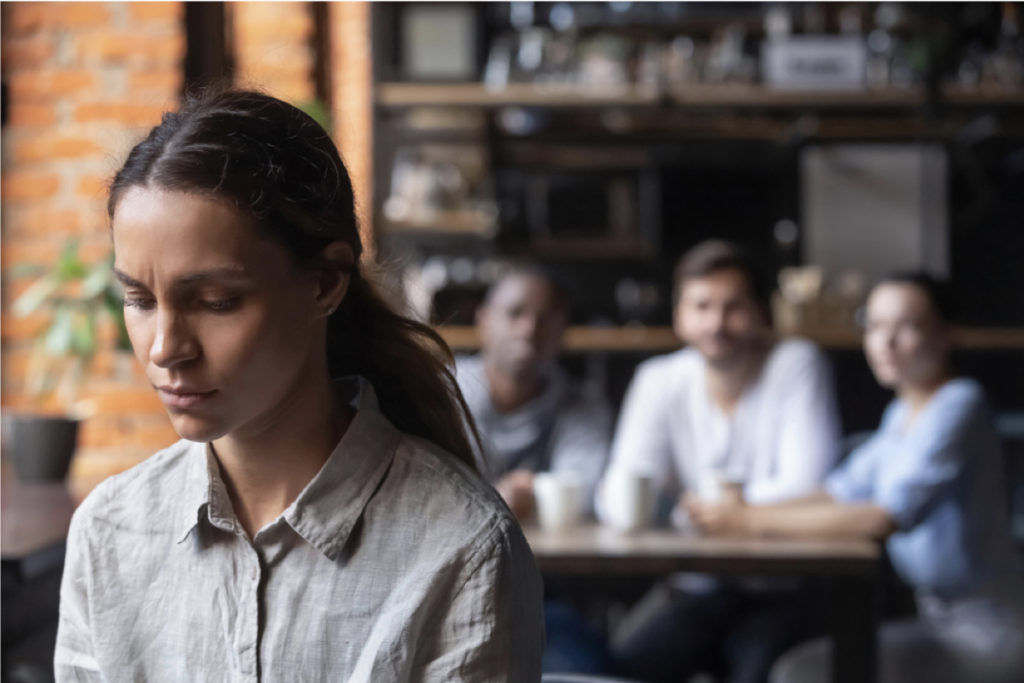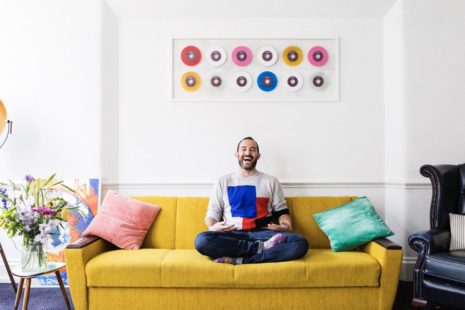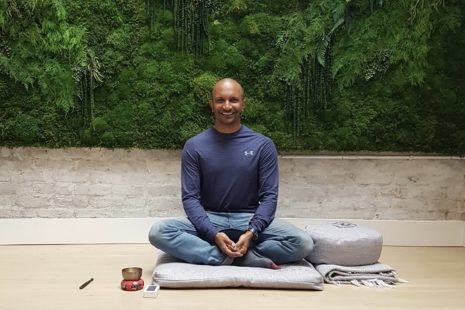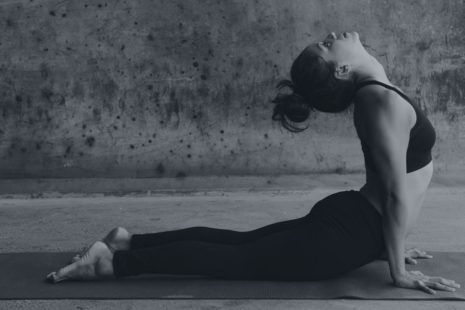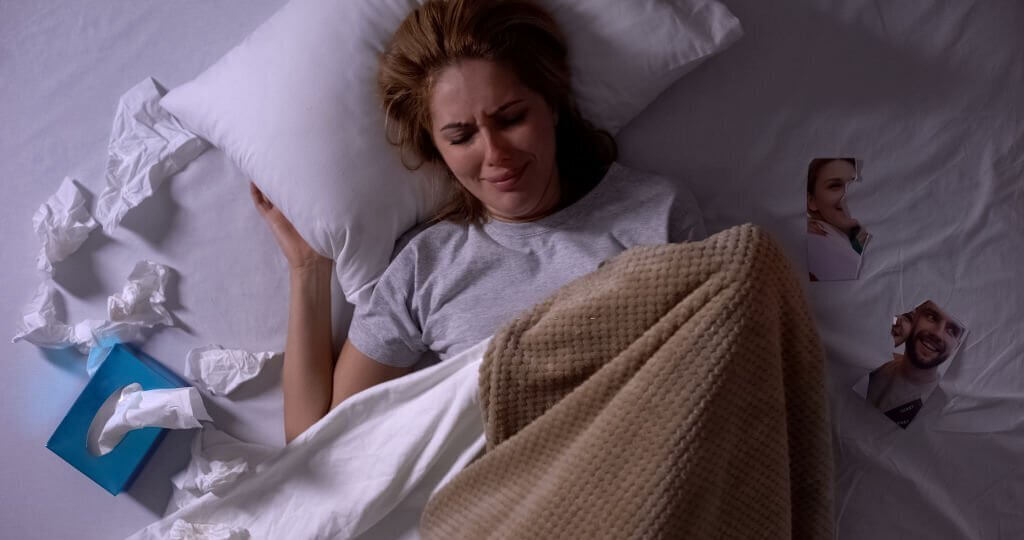Are you feeling anxious about socialising again? In this article we speak to psychologist and author of The Leader’s Guide to Resilience, Dr Audrey Tang, about how to overcome social anxiety as we prepare to come out of lockdown…
Key findings of a recent government report into mental health and wellbeing over the year have found that:
– Adults experiencing depression between Jan-March 2021 has increased 2% since November 2020, and more than doubled compared with data before the pandemic. This was, in part, related to a change in financial health.
– Younger adults, women, those renting and those identifying as disabled were more likely to experience depressive symptoms.
Further, around 10% of the UK population already suffer from social anxiety according to Mentalhealthy.co.uk.
What Is Social Anxiety?
Social anxiety is a debilitating feeling of fear within or in anticipation of social situations. As such, both lockdown, and its easing has the potential to significantly affect our mental wellness as whether it’s depression or anxiety – it’s definitely not the sense of mental and emotional health that’s comfortable to live with.
What Triggers Social Anxiety?
Fear has a number of causes – some conscious, many unconsciously learned. For children perhaps, if their parents show fear of the virus, it is possible for them to learn their behaviours and themselves fear going out. This could pose an obstacle to important social experiences.
For many shielding – it is understandable to think that “If it was that bad I couldn’t go out…what makes it any better now?” This is especially pertinent when running alongside the messages about how the Virus doesn’t discriminate (eg. From Michael Gove’s health briefing on 27th March 2020. Plus – it’s not often about our behaviours – we can wear masks or use sanitizer, but what about those that do not?
And tragically, another trigger may be that people have lost loved ones within the pandemic. If this happened at the start in particular, there can be an association with “I left the house one day, and then my parent was taken into hospital and never came out.” This is a heartbreaking position to be in, and it is certainly possible that the grief and pain could be transferred into a fear of going out…ie what if the same thing happens again!?

Losing Our Identity In Lockdown
Positive psychology suggests that our sense of wellbeing can be driven by both hedonistic happiness (simple pleasures) and eudaemonic happiness (finding meaning in what we do), the impact of losing our identity cannot be under-estimated. While the continued furlough scheme may mask the true impact of the pandemic on unemployment, The Office for National Statistics (ONS) shows that over 800,000 Brits lost their jobs. Yes for some, this may have been the nudge they needed to pursue something more fulfilling, but for many it was a loss of a social and purposeful lifeline – not just a financial one.
Further the abrupt stop of face-to-face interaction has been another blow. The founder of Positive Psychology Martin Seligman said “Social relationships do not guarantee high happiness…but high happiness does not appear to occur without them.” Add to that the different behaviours as our nearest and dearest cope with this unprecedented event has left some questioning “Did I really know that person at all!?”
How To Overcome Social Anxiety
To manage anxiety, an “attitude of gratitude” will really help:
Maybe you are dreading getting back out there, but rather than thinking about the things that you don’t want, really appreciate the things you do. It’s actually a blessing to be saying you don’t want x y or z, because it means you are still afforded those options. Practicing gratitude reduces anxiety and even stimulates the motivation and emotion centres in the brain propelling us to positive outlook and action. Try the following 4 step gratitude process and reflect on:
– One thing you are proud of in yourself
– One thing you have learned today (personally or professionally)
– One person you love having in your life (and tell them)
– One thing in your life you appreciate
What About Depression?
For depression, getting active makes a difference naturally. Humans are biophilic – we are drawn to nature and it can revitalise us without us even trying. Sunlight naturally stimulates the production of vitamin D revitalising our immune system, and exercising in the sun produces serotonin (which helps regulates our sleep and appetite) and dopamine (the “feel good” neurotransmitter), and can help produce endorphins (our body’s natural pain relievers). Add to that the opportunity to do this with those we love, and you’re boosting your oxytocin as well.
Liked this article on ‘How To Overcome Social Anxiety According To A Psychologist’? Listen to our podcast on How To Build A Healthy Brain with Kimberley Wilson.
Dr Audrey Tang is a chartered psychologist and author of new book The Leader’s Guide to Resilience, Pearson, £14.99
Get your weekly DOSE fix here: SIGN UP FOR OUR NEWSLETTER
